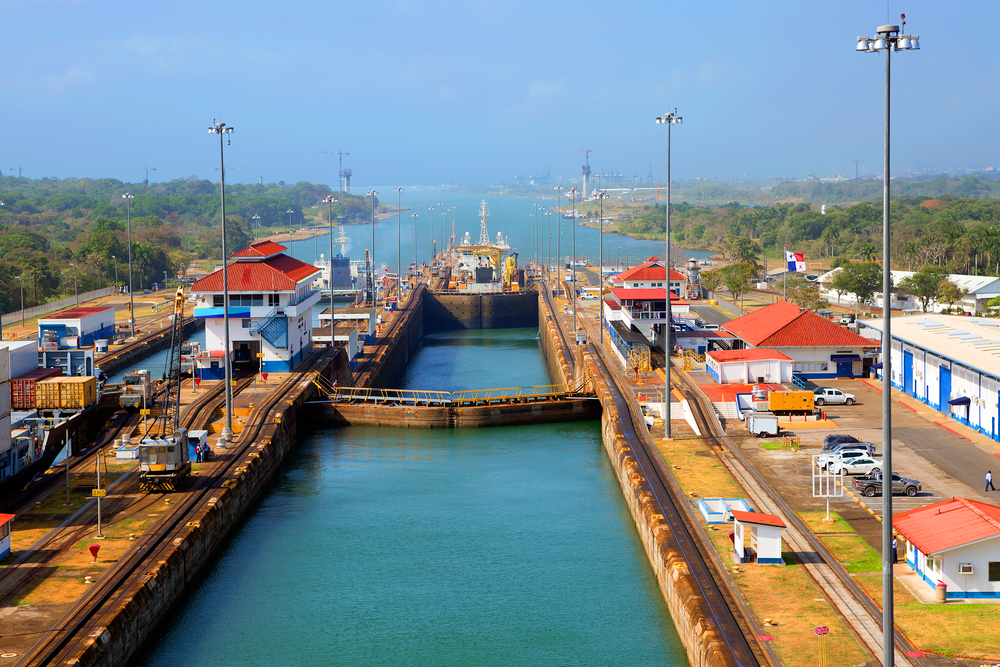
Recent disruptions along key shipping routes for cargo vessels have sent shockwaves through the global trade landscape, with far-reaching impacts on supply chains worldwide. From conflicts in the Red Sea and Black Sea regions to infrastructure challenges in the Panama Canal, the shipping industry faces a myriad of obstacles.
The Panama Canal, a vital artery for maritime trade, has been grappling with drought conditions. Reduced water levels due to climate change paired with ongoing maintenance work have exacerbated congestion and prolonged waiting time for vessels en route through the canal. Reports from the Panama Canal Authority (ACP) indicate a reduction in daily transits, down from a typical average of 32 vessels per day to between 18-24 depending on conditions. Additionally, an auction system has been implemented for vessels experiencing extended wait times, signaling the severity of the situation. To address these challenges, the ACP has committed to investing over $8.5 billion in infrastructure, equipment, and water management systems over the next six years, underscoring the urgent need for improvement.
The ramifications of disruptions in the Panama Canal extend beyond its immediate vicinity. Vessels originating from Asia, seeking to circumvent the bottleneck, redirected their routes through the Suez Canal. However, escalating tensions in the Red Sea, fueled by conflicts in Yemen and Gaza, have rendered this alternative route increasingly perilous. The risk of attacks on cargo vessels by Houthi fighters has prompted many ships to avoid the Suez Canal altogether, opting for the longer and more arduous journey around the African continent.
These disruptions reverberate throughout global supply chains, posing significant challenges such as shortages, increased costs, and logistical complexities. Moreover, the environmental strides made by the shipping industry, particularly in reducing emissions, could be jeopardized as rerouted vessels are compelled to increase speeds to cover longer distances, resulting in additional fuel consumption (costs) and emissions.
The dedicated team at 721 Logistics has been collaborating closely with industry partners to stay informed and proactive in assisting our clients through these challenges. We are committed to monitoring developments closely and are readily available to address any inquiries you may have. Please feel free to get in touch with us at any time.
Sources:
Bloomberg: Supply Chain Latest – Panama Canal Shipping Delays[https://www.bloomberg.com/news/newsletters/2023-12-05/supply-chain-latest-panama-canal-shipping-delays?embedded-checkout=true]
UNCTAD: Navigating Troubled Waters: The Impact of Global Trade Disruption on Shipping Routes in the Red Sea and Black Sea [https://unctad.org/publication/navigating-troubled-waters-impact-global-trade-disruption-shipping-routes-red-sea-black]
Panama Canal Authority (ACP)[https://pancanal.com/en/]
Seatrade Maritime: Panama Canal Holds First Auction for Vessels in Queue [https://www.seatrade-maritime.com/panama/panama-canal-holds-first-auction-vessels-queue]
